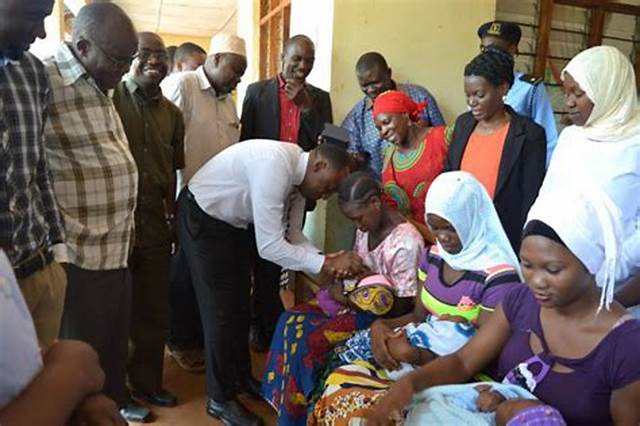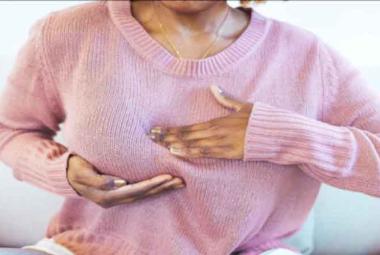By Fatou I Touray
In a pandemic period, other deadly perennial diseases tend to be put in state of temporal inertia while health care discourse and services are predominated by the prevailing pandemic disease. Therefore, as COVID-19 continues to disrupt and preoccupy health care service delivery and the minds of the populace, dangerous old health foes like malaria fade on the menu of priorities while they continue to wreak havoc. At the outbreak of COVID19 – Gambia was poised to be declared malaria-free but with the pandemic, have all progress and efforts been derailed by the emergence of the viral disease.
Hence, Gambia Daily decided to turn to relevant health authorities to shed light on the state of malaria especially in its peak period – rainy season - when it becomes rampant and more troubling; especially for children and other vulnerable groups like pregnant women.
Balla Kandeh is the Programme Manager of the National Malaria Control Programme (NMCP). In this interview he talked about their recently initiated anti-malarial inoculation campaign. He revealed that they have just ended the SMC vaccination exercise in Upper River Region, Central River Region, Lower River Region and the Western Coast Region, mainly targeting children under the age of 5.
He highlighted the numbers of children who got the SMC drops in the regions visited as follows: WCR 72,061; LRR, 97,479; CRR 15657; and URR, 43437.
He said children are the target “because they are vulnerable to malaria and so they should be prevented at all cost”.
Kandeh called on parents to ensure that their children are given the SMC drop to prevent them from further malaria complications.
The SMC is an effective intervention to prevent malaria in children under five. It involves administering a drop to each child up to four months doses of anti-malarial drugs to children aged 3 to 59 months during peak malaria season.
Another preventative measure the Programme is embarking on according to the Programme Manager, is the IRS Indoor Residual Spraying. He informed that they have already sprayed 18000 households. He called on the owners of the houses to avoid plastering the houses or painting them after the spraying, so that its effectiveness can be realised.
“A lot has been done and still being done to eliminate malaria in The Gambia and a lot of progresses are made but malaria cases fluctuate. People should report to the nearest health facility if any symptom is seen,” Kandeh advised.
He mentioned malaria symptoms as high fever, shaking chills, profuse sweating, headache, abdominal pain, muscle pain, anemia, nausea vomiting among others.
The Malaria Control boss further advised for people to avoid mosquito bites, by covering their arms and legs and sleeping under the treated bed nets.






